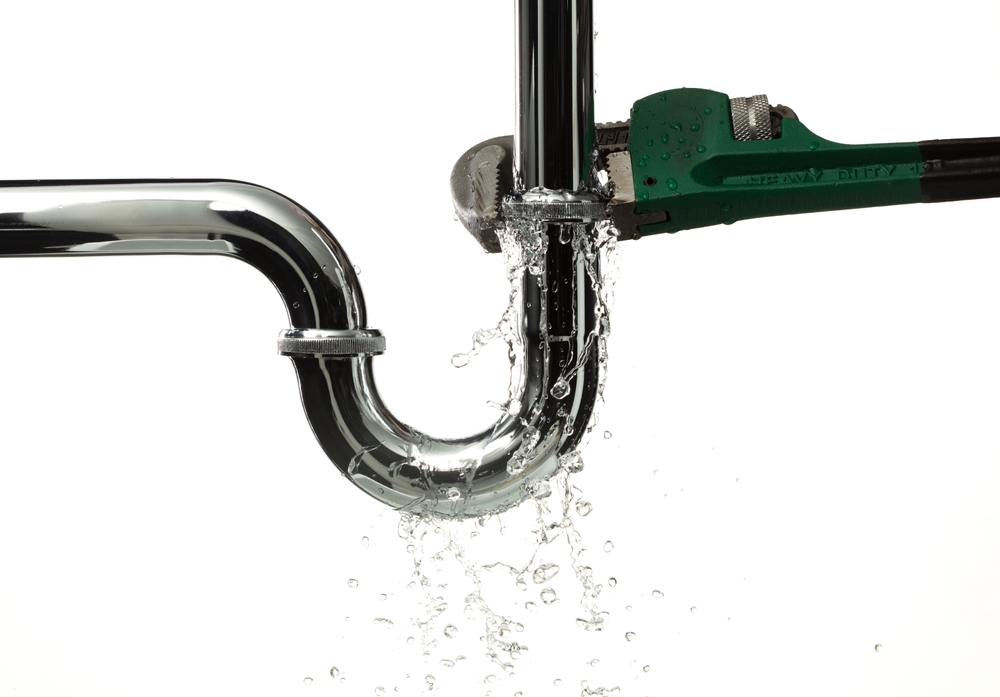Keeping your drain pipes clean is crucial for maintaining a healthy plumbing system. Over time, debris, grease, and other substances can build up, causing clogs and unpleasant odors. Regular maintenance not only prevents blockages but also extends the life of your pipes. In this guide, we'll explore the best methods and tools for cleaning drain pipes effectively.

Why Regular Drain Cleaning Is Important
Regular drain cleaning offers multiple benefits, including:
- Preventing clogs and blockages that can lead to costly repairs.
- Eliminating foul odors caused by trapped debris and bacteria.
- Maintaining optimal water flow and pressure.
- Extending the lifespan of your plumbing system.
For an in-depth explanation of why clean drains are essential, visit Liquid Plumr.
Signs Your Drain Pipes Need Cleaning
It can be challenging to determine when your pipes require attention. However, common signs include:
- Slow-draining sinks, tubs, or showers.
- Unpleasant odors emanating from drains.
- Gurgling sounds when water flows through the pipes.
- Recurring clogs despite previous cleaning attempts.
Addressing these issues promptly can prevent further damage and inconvenience. Learn more about early warning signs at WikiHow.
DIY Methods for Cleaning Drain Pipes
If you're dealing with minor clogs or buildup, there are several DIY techniques you can try:
1. Baking Soda and Vinegar
One of the most popular and eco-friendly methods involves using baking soda and vinegar:
- Pour a cup of baking soda down the drain.
- Add a cup of white vinegar and let it fizz for 15-30 minutes.
- Rinse with hot water to flush out debris.
For a detailed guide, check out Liquid Plumr.
2. Plunger
A plunger can be a simple yet effective tool for dislodging clogs:
- Ensure there is enough water to cover the plunger's cup.
- Position the plunger over the drain and push down firmly.
- Repeat the motion until the clog is cleared.
3. Drain Snake
A drain snake, also known as a plumber's auger, is ideal for removing deeper clogs:
- Insert the snake into the drain and rotate it to break up the blockage.
- Pull the debris out carefully and dispose of it.
- Flush the drain with hot water afterward.
Explore more tools and methods at Terry Love Plumbing Forum.
Using Chemical Cleaners Safely
Chemical drain cleaners can be effective for stubborn clogs but should be used sparingly and with caution:
- Follow the manufacturer's instructions carefully.
- Wear gloves and safety goggles to protect yourself from splashes.
- Never mix different chemical cleaners to avoid harmful reactions.
If you're looking for effective products, consider browsing Amazon for a range of options.
Professional Drain Cleaning Services
For severe or persistent issues, hiring a professional plumber may be the best solution. Professionals use advanced tools such as hydro-jetting machines to thoroughly clean pipes. They can also inspect your plumbing system to identify underlying problems.
For tips on choosing the right service provider, visit Kärcher.
Preventing Future Clogs
Prevention is the key to avoiding costly plumbing issues. Here are some tips to keep your drains clean and clog-free:
- Avoid pouring grease, oil, or food scraps down the drain.
- Install drain strainers to catch debris before it enters the pipes.
- Flush your drains with hot water regularly to dissolve buildup.
- Use natural cleaners like baking soda and vinegar monthly.
Implementing these habits can save you time and money in the long run. For more preventative measures, refer to Kärcher.
Conclusion
Drain pipe cleaning is an essential part of home maintenance that ensures a smooth and efficient plumbing system. Whether you prefer DIY methods or professional services, keeping your drains clean can prevent clogs, odors, and costly repairs. By implementing preventative measures, you can enjoy a hassle-free plumbing experience. Start taking care of your pipes today, and reap the benefits of a well-maintained system!



